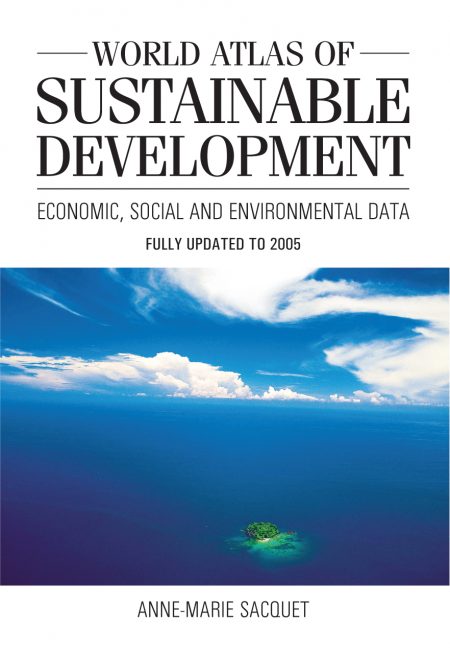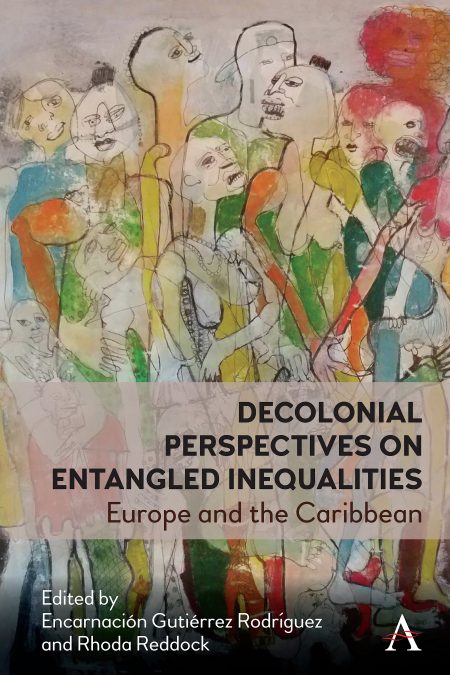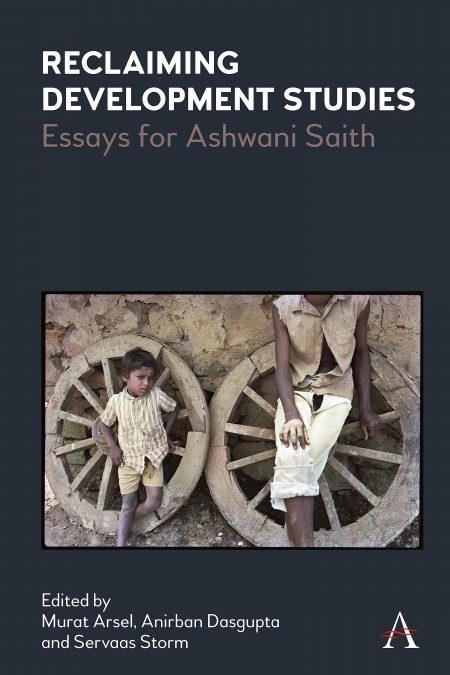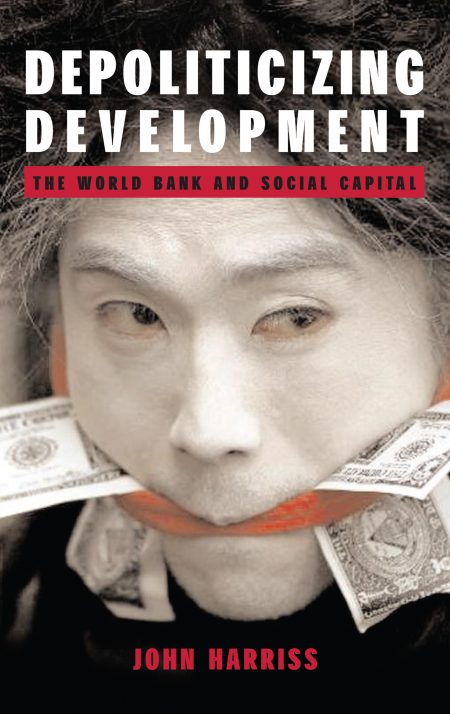Depoliticizing Development
The World Bank and Social Capital
Title Details
- ISBN: 9781843310488
- July 2002
- Pages: 158
- Imprint: Anthem Press
In ‘Depoliticizing Development’, John Harriss explores the origins of the idea of social capital and its diverse meanings in the work of James Coleman, Pierre Bourdieu and, more specifically, Robert Putnam, who is most responsible for the extraordinary rise of the idea of social capital through his work on Italy and the United States. Harriss asks why this notion should have taken off in the dramatic way that it has done and finds in its uses by the World Bank the attempt, systematically, to obscure class relations and power. Social capital has thus come to play a significant part in the discourses of international development, which go toward comprising ‘the anti-politics machine’. This powerful and lucid critique will be of immense value to all those interested in development studies, including sociologists, economists, planners, NGOs and other activists.
John Harriss is Professor of Development Studies at the London School of Economics. He has been a visiting researcher at the Madras Institute of Development Studies, India and has published extensively on aspects of India’s political economy.
Acknowledgements; Introduction; Where the ‘Missing Link’ Came From; The Fragility of the Foundations; ‘Anti-Politics’ in America; Social Capital and ‘Synergy Across the Public-Private Divide’; The Trojan Horse?; Putting Social Capital to Work; Conclusion; Notes; References; Index
‘A scathing and yet also meticulous critique of Robert Putnam’s work on social capital. John Harriss shows why Putnam’s work is attractive to the World Bank, and why attempts to define social capital as the ‘missing link’ in development are misguided and self-serving. ‘Depoliticizing Development’ is a must read for all students of development.’ —Stuart Corbridge, Professor of Geography and Regional Studies, University of Miami, USA; and Professor of Geography, London School of Economics, UK
‘Shows us how, through subscription to the idea of social capital, social scientists as well as the World Bank have managed to neatly sideline the idea that human beings make their own histories through struggle against deep and entrenched structures of power and oppression. In this elegant and lucidly-written work John Harriss exposes the complicity of both these establishments in the maintenance of power relations.’ —Neera Chandhoke, Professor of Politics, University of Delhi, India
Related products
-
Up Against the Wall
The Case for Opening the Mexican-American Border
Peter Laufer
foreword by Vicente FoxSeptember, 2020
£34.95 / $34.95 -
World Atlas of Sustainable Development
Economic, Social and Environmental Data
Anne-Marie Sacquet
March, 2005
£19.95 / $19.95 -
Decolonial Perspectives on Entangled Inequalities
Europe and The Caribbean
Edited by Encarnación Gutiérrez Rodríguez, Rhoda Reddock
February, 2021
£125.00 / $125.00 -
Reclaiming Development Studies
Essays for Ashwani Saith
Edited by Murat Arsel, Anirban Dasgupta, Servaas Storm
June, 2021
£125.00 / $125.00 -
Kashmir and Sindh
Nation-Building, Ethnicity and Regional Politics in South Asia
Suranjan Das
August, 2001
£115.00 / $115.00 -
Energy for Development
Twenty-first Century Challenges of Reform and Liberalization in Developing Countries
Rangaswamy Vedavalli
March, 2007
£120.00 / $120.00








